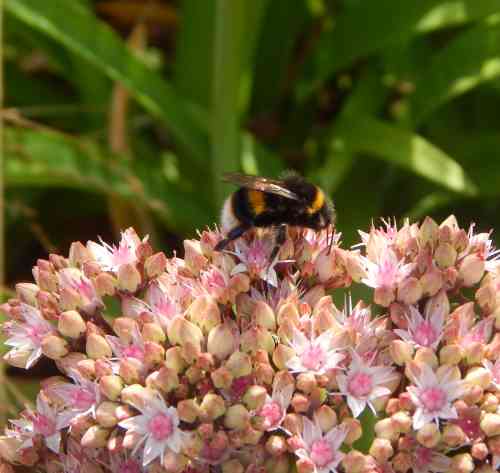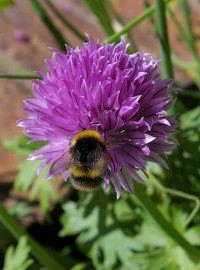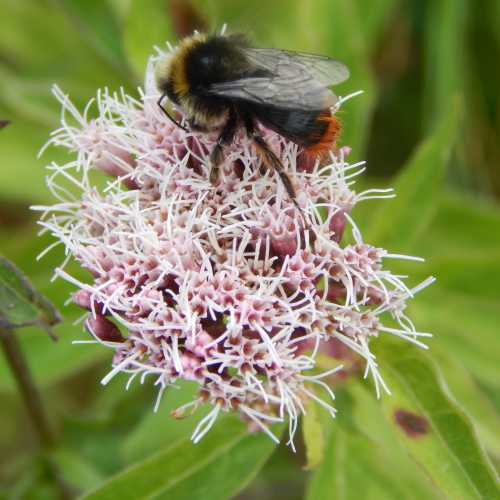Free Book About Bees To Download
By F. W. L. Sladen
Updated: 23rd February 2021
Free Book About Bees: Sladen's ‘The Humble Bee’
Written in 1912, F. W. L. Sladen’s The Humble Bee
– his study of bumble bees, is something of a famous classic.
Although much of our thinking and understanding of bumble bees has moved on since Sladen’s time (and yes, there is much we do not know and more to be discovered), nevertheless, it is a lovely old book, written by a man who seems to have been deeply involved in his work, committed and passionate about his subject.
Please be aware, the book can be a little slow to download.
Click on the button below to download the book (opens a new window).
Whilst you are waiting, why not read on?
Why 'Humble Bees' and not 'Bumble bees'?
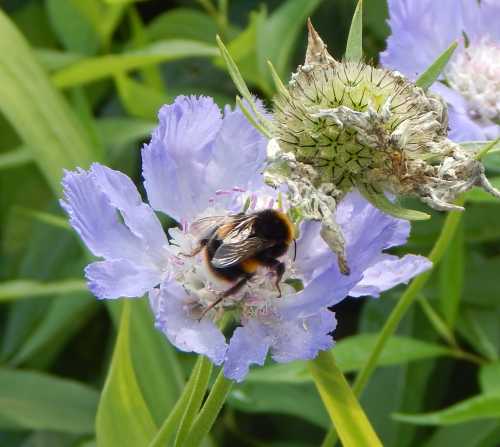
At the time Sladen wrote his book, bumble bees were still largely referred to as ‘humble bees’.
This was also the name used by Charles Darwin.
Here is a passage from Darwin’s observation of male bumble bee routes:
”On
September 8th, 1954, one of my sons saw some humble bees enter a hole
at the base of a tall ash tree. I looked into this hole hoping to find
the entrance to a nest, but was unable to see one. Whilst I was
examining the hole, another humble bee entered it, and, after flying
off, returned almost immediately and, flying upwards for about a yard,
flew away through a crutch between two large branches of the ash.”
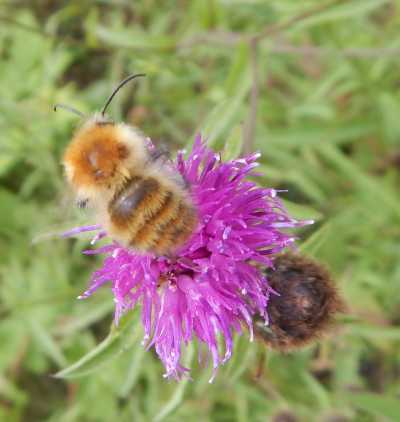
Over time, the term ‘humble bee’ seems to have disappeared, and by the time another classic, ‘Bumblebees’ by John Free and Colin Butler was published in 1959, it term apparently faded from use altogether.
Here is the warm introduction to F. W. L. Sladen’s The Humble Bee:
"Everybody
knows the burly, good-natured bumble-bee. Clothed in her lovely coat of
fur, she is the life of the gay garden as well as of the modestly
blooming wayside as she eagerly hums from flower to flower, diligently
collecting nectar and pollen from the break to the close of day.
Her
methodical movements indicate the busy life she leads - a life as
wonderful and interesting in many of its details as that of the
honey-bee, about which so much has been written. Her load completed, she
speeds away to her home. Here, in midsummer, dwells a populous and
thriving colony of humble-bees.
The details of the way in which this
busy community came into being, what sort of edifice the inhabitants
have built, how they carry out their duties, and what eventually will
become of them will be explained later: it is enough at present to note
that the colony, like a hive of honey-bees, consists chiefly of
workers, small modified females, whose function in life is not to give
birth but to labour for the establishment, bringing home and depositing
in cells load after load of sweets, their only relaxation from this
arduous toil being domestic work, such as tending the young, building the
comb, and keeping the nest clean and tidy”.
Get another free book about bees (opens a new window): Warre - Beekeeping For All
Ever wondered......
Do bumble bees make honey?
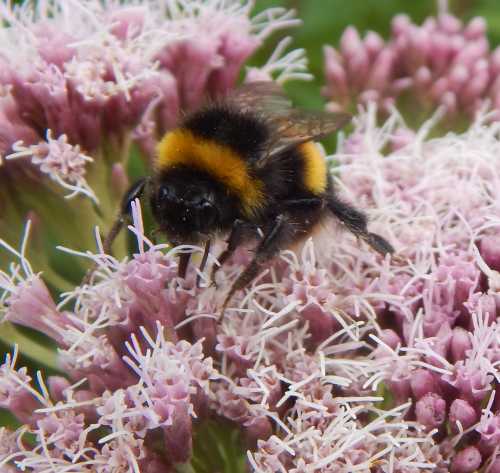
If you found this page helpful or interesting, I'd really be grateful if you would share it with others - if not this page, perhaps another, such as Gardening For Bees.
Thank you so much :) .
